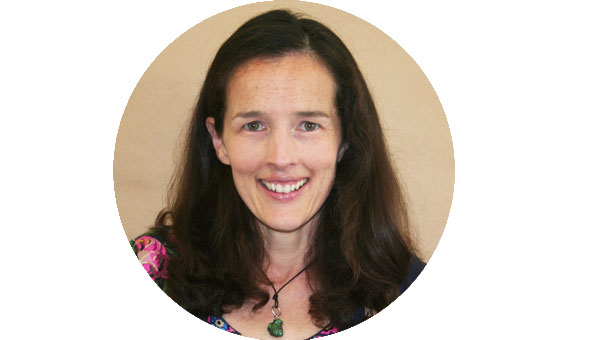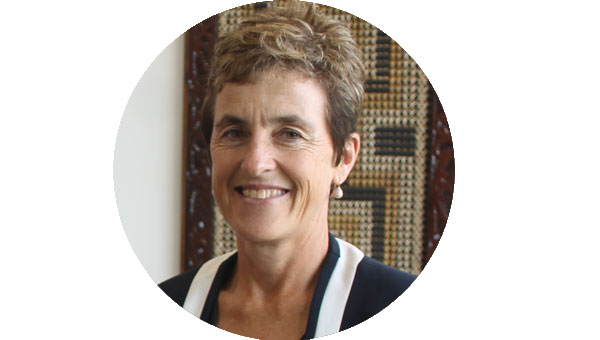Developing leadership support for Clinical Directors including reviewing + defining key leadership skills necessary for our Clinical Director role
Opportunity
Leadership is the most influential factor in shaping organisational culture. Our challenge is to nurture a culture that ensures the delivery of continuously improving high quality, safe and compassionate healthcare. To do this our clinical leaders need to develop skills and experience that are aligned with Waitemata DHB’s values and are focused on its priorities of achieving better patient outcomes and better patient experience.
We do not have a formal selection and training programme for our Clinical Directors. Each Division/Service is responsible for appointing clinical directors; job descriptions and specifications vary and are determined by each service; there is no standardised criteria and process for selection; and the term of appointment is indefinite.
We want to develop leadership support for our Clinical Directors to:
- provide consistency of expected leadership skills and knowledge, and role expectations outlined in their job description
- scope and pilot senior leadership training
- explore options for recruitment, selection and ongoing career support (eg fixed tenure positions, mentoring, coaching)
This i3 project will be informed by research being undertaken by RACMA Fellow, Dr Paul Muir, to determine “What makes an effective Clinical Director?” What we learn from this project will help to inform future leadership training and opportunities for other staff groups.
Aim
- Define roles and structures clearly – what skills, experience and attributes our clinical leaders need to be an effective leader
- Identify training needs
- Pilot senior leadership training which supports on-the-job learning and develops leadership skills
- Use what we learn from this project to inform future leadership training with other staff groups
Intervention
We scanned the horizon to identify best practice. There are many examples of healthcare leadership development frameworks and models that we can learn from and adapt to fit a Waitemata DHB context. Some excellent examples are shown in the 'Resources' section below.

The King's Fund (UK1) has identified six key elements are necessary for sustaining cultures that ensure high quality, compassionate care for patients:
- Inspiring visions put into effect at every level by leaders
- Leaders ensuring clear aligned objectives for all teams, departments and individual staff
- People management that is supportive and enabling
- High levels of staff engagement
- Leaders focused on ensuring learning, innovation and quality improvement in the practice of all staff
- Effective team work

Resources
Further information and useful links on health leadership:
- Healthcare Leadership Model [NHS, 2013]
- Senior Doctors in Formal Clinical Leadership Positions [ASMS]
- Medical Leadership and Management Curriculum [RACMA]
- Leadership and Leadership Development in Health Care: The Evidence Base [Kings Fund 2015]
- Health LEADS Australia: the Australian Health Leadership Framework [HealthWorkforce AUS, 2013]
- Leadership and Talent [SSC NZ, 2015]
Project Team
Sponsors
- Andrew Brant, CMO
- Penny Andrew, Director of i3
Team Members
- Karen Fielding, Health Leadership Programme Manager

Karen Fielding
